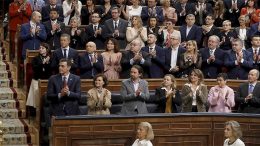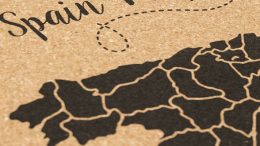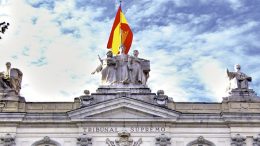Spain Has A government, Now What?
Rubén Segura-Cayuela (BofA Global Research) | Spain finally has a government, although with a razor-thin majority. This will be a coalition government comprised of the centre-left PSOE and the far-left Podemos, with the external support of several smaller parties, including Basque nationalists, and the implicit support (abstention in the government formation vote) of the secessionist ERC. The “easy”part of the job is done. The very challenging one, policy-making with thin parliamentary numbers, starts now.










